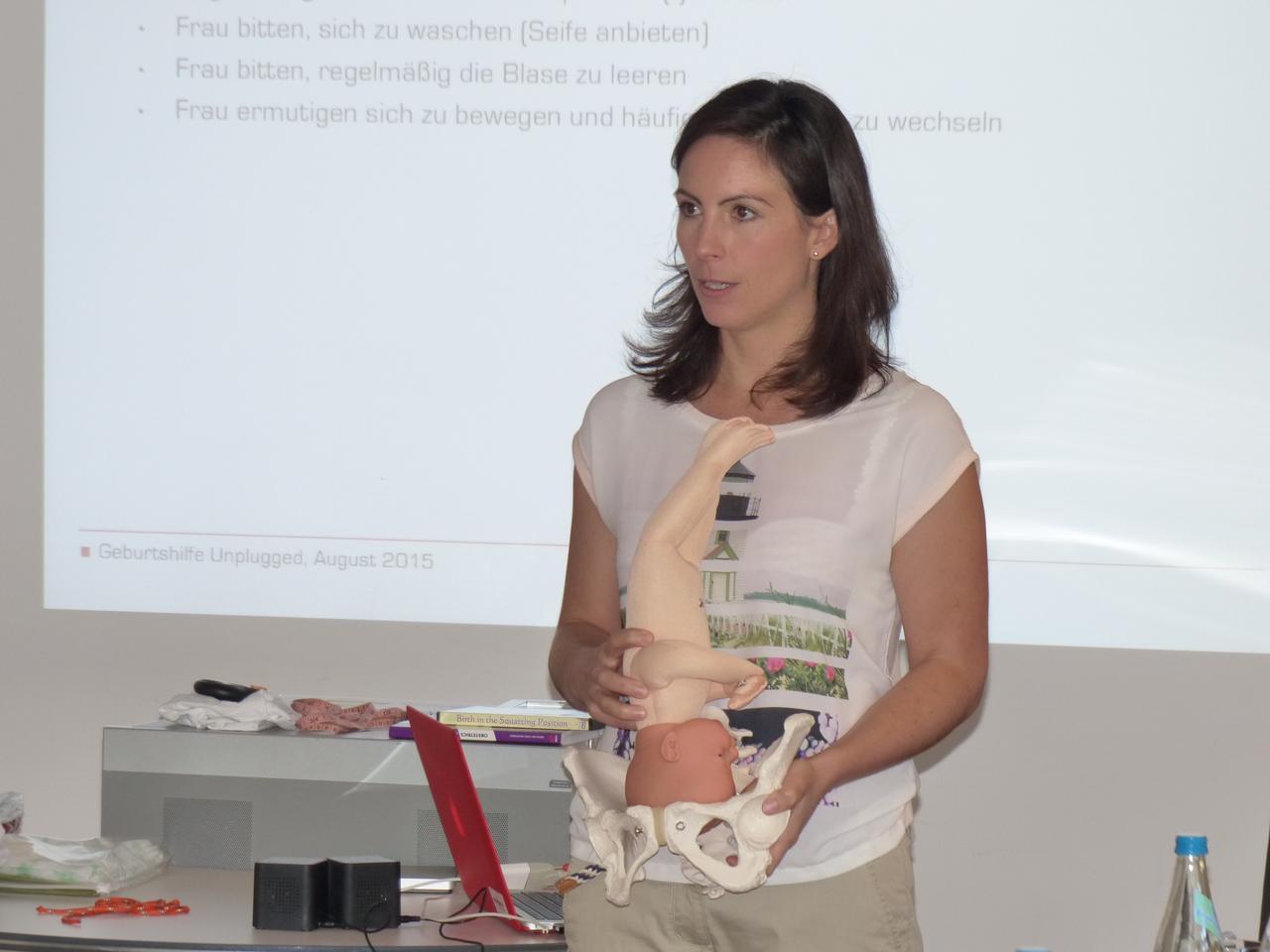30.000 die from drowing each year in Europe
The World Health Organisation (WHO) says that the problem of drowning is much more serious than official numbers tell. Often drownings in holiday regions are not reported to public to not damage the image of the region. Additionally has to be said, that these numbers do not include suicide or natural desasters.
About 1/4 of the drowning victims die at the attempt to rescue other persons. They put themselves in danger, quickly reach the limits of their physical limits and forget: in a panic situtation even children can develop enormous forces and can bring grown-ups into life-threatening situations.
This invention was awarded the German Founders Award 2015! Well deserved!
http://restube.eu/projects/deutscher-gruenderpreis-2015/?lang=en
Video:
Livestreamed Conference: A Common Core on Ethical Principles of Health Care in Times of Armed Conflict and Other Emergencies
On June 30th, the Humanitarium will host a public livestreamed conference to mark the launch of a first-of-its-kind code of ethics, the "Ethical Principles of Health Care in Times of Armed Conflict and Other Emergencies." The panel discussion will gather the authors and signatories of this common core on ethics.
The "Ethical Principles of Health Care in Times of Armed Conflict and Other Emergencies" is a first-of-its-kind code of ethics that provides a common core for these major international health-care organizations, which represent more than 30 million people from both the military and civilian realms.It aims to provide guidelines for the relationship between patients and health-care workers, so as to ensure the preservation of physical and mental health and to alleviate suffering.
The panel discussion will be livestreamed from this page on 30 June 2015 from 18:00 - 19:30 (GMT+2).
Join the conference on the ICRC website - register here.

Course "Obstetrics Unplugged", August & November 2015 - register now!
The course "Obstetrics Unplugged" is desigend to provide non-specialist humanitarian actors with theoretical and practical knowledge in an experience oriented manner enabling them to gain confidence on the topic of SRH and to secure the best possible outcome for mother and child.
For more information, please look here.
Let there be light...
When we think of our most basic human needs, we often think of food, water and shelter. But when architecture graduate students Anna Stork and Andrea Sreshta were asked to design a product to assist post-earthquake relief efforts in Haiti, they considered the dangerous conditions at night in the tent cities and turned their attention to another critical need: Light.
LuminAID’s goal is to make portable lighting a part of the supplies commonly sent as part of disaster relief aid. In addition to food, water, and shelter, light can greatly add to the well-being of victims of a natural disaster or crisis. The inflatable lights are easily transported in large numbers.
Learn more about it.
How to construct solid shelters in emergencies
A new innovation which could help relief efforts is a fabric shelter that, when sprayed with water, turns to concrete within 24 hours.
Invented by two engineers while at university, Concrete Canvas allows aid teams to construct solid structures in emergency zones quickly and easily.
See the youtube film here.
Building back better in Nepal
The Pritzker Prize–winning architect Shigeru Ban, famous for his humanitarian designs, has launched a campaign to provide shelter to victims of the April 25 earthquake in Nepal.
Read more about it here.
Medizin 2016 - Medical Congress - Stuttgart 2016
Thematic block: "International Humanitarian Aid" on next years medical congress in Stuttgart / Messe. We will offer new exciting topics 2016.
Date: January 29th, 2016
Time: 9:00 - 10:30
Speakers: Tina Werringloer & Dr. med. Gunver Werringloer, MD
Why women are more at risk than men in earthquake-ravaged Nepal
It turns out disasters affect women more than men.
This article will explain you why.
Course "Obstetrics Unplugged", August 2015 - register now!
Humanitarian aid workers that are sent on international disaster missions are often confronted with pregnant women and women giving birth. Important decisions regarding the well-being of mother and child have to be made without suitable intruments or any other support. For those aid workers that are not specialized in sexual und reproductive health (SRH) this involves a great amount of uncertainties.
The course "Obstetrics Unplugged" is desigend to provide non-specialist humanitarian actors with theoretical and practical knowledge in an experience oriented manner enabling them to gain confidence on the topic of SRH and to secure the best possible outcome for mother and child.
For more information, please look here.
Capacity Building - Summer School in Myanmar
This project specifically addresses the well-being of children and youth. This one-week intensive course on Capacity Building & Training enables children to strengthen their capabilities to look after themselves, plan, develope manual skills, maintain health and general upgrading of performance ability.
For more Information please look here.
Preparedness Training for Grassroot Communities in Myanmar
This course is designed to better prepare grassroot communities for weather, food, health emergencies and other catastrophic events. The one week curriculum includes training on various components of emergency preparedness such as hygiene, health, nutrition, hazardous weather, resilient building for coastal and inland grassroot communities. Furthermore it includes a swimming course for women and children who are more often victim to drowning during hazardous weather.
Community leaders have the opportunity to enhance their communities' ability to prepare for and recover from diffent kinds of disasters. The purpose of this course is to
feature best practices that may increase community shelter capacity while addressing important concerns such as sustainability and regional culture.
For more Information please look here.
Time To Listen - Hearing People on the Receiving End of International Aid
Authors: Mary B. Anderson, Dayna Brown, Isabella Jean
"This book is a must read for all those involved in international aid.The authors share the experiences, ideas and insights of many people in many countries to tell a challenging and unsetting story about the way international assistance adds - or doesn't. It is important that all of us who provide goods and services across the globe hear theses messages. (...)" Nan Buzard, Senior Director, International Response & Programs American Red Cross and Chair of ALNAP
Download for free HERE at CDA - practical learning for effetive international action, or purchase on i.e. Amazon.

